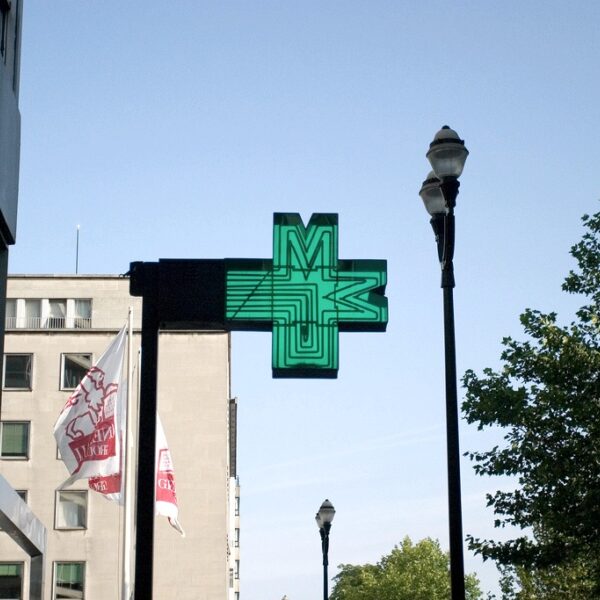
The notion of magistral preparations clarified
By way of a Judgment of 16 July 2015 (C-577/13), the European Court of Justice has clarified the situation for magistral formulae prepared on a large-scale or mass-produced.
In European and Belgian law, the notion of a magistral preparation is defined as “any medicinal product prepared in a pharmacy in accordance with a medical prescription for an individual patient” (Article 3 of Directive 2001/83 and Article 6quater, § 3 of the Law of 25 March 1964).
Three conditions must therefore be met:
- the preparation of the medicinal product “in a pharmacy”,
- “with a medical prescription”,
- and “for an individual patient”.
Given their personalised nature and their method of preparation “to order”, these magistral preparations are excluded from the scope of the provisions on marketing, manufacturing and sale of medicines contained in Directive 2001/83/EC that apply to “industrial” medicines.
The relatively broad scope of the definition of magistral, had until this point been taken advantage of by some to justify the large-scale production of “pseudo-magistral” preparations, sometimes entering into real competition with authorised medicines.
For the first time, in a Judgment of 16 July 2015 (Joined Cases C544/13 and C545/13), the European Court of Justice specified that “[such a preparation] must of necessity be prepared on the basis of a prior prescription issued by a professional person qualified to do so”. This prescription must, in addition “be ‘for an individual patient’” and “that patient must be identified before the medicinal product is produced and it must be produced specifically for that patient”.
On that basis, the ECJ has rejected, in particularly clear terms, the qualification as magistral of:
- Preparations prepared by a pharmacy “on the basis of the needs known in advance, to be used in emergency departments and, in any event, on the basis of orders placed before a specified patient had been identified”.
- Preparations prepared and delivered to non-hospital pharmacies, on the basis of a ‘subscription’, even if an ‘initial medical prescription’ was drawn up for each specific patient (the manufacture and delivery of the preparations concerned was carried out on the basis of the relatively immediate needs of those pharmacies known in advance).
The Court ruled that the aforementioned preparations were not magistral but medicinal products “prepared industrially or manufactured by a method involving an industrial process”. It considered that the production, in a standardised manner, of significant quantities of a medicinal product to be stocked and sold wholesale, as well as large-scale or serial production of magistral formulae in batches are characteristic of industrial preparation or manufacture by a method involving an industrial process.
The aforementioned Judgment is crucial because it serves as a reminder of the real meaning of the “magistral exception”. It is a regime of exception destined to allow a medicinal product to be prepared specially for a specific patient. This exception cannot therefore be used to compete with industrial manufacture of medicines and circumvent the constraints associated with such industrial manufacture.
Associated areas of specialisation: Health and social security